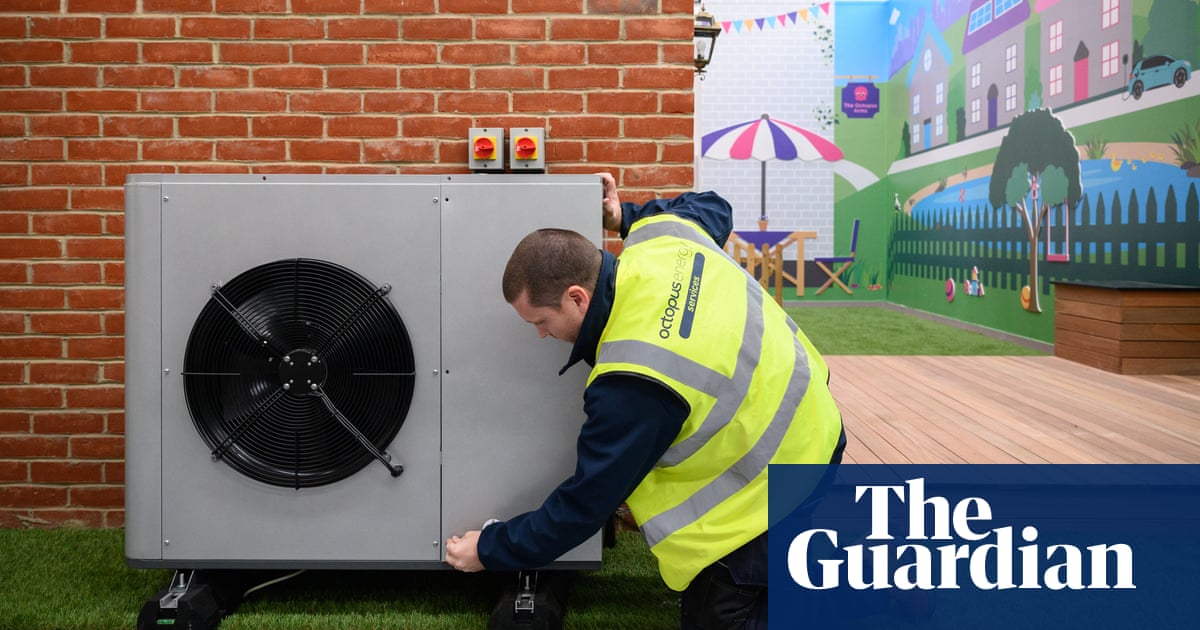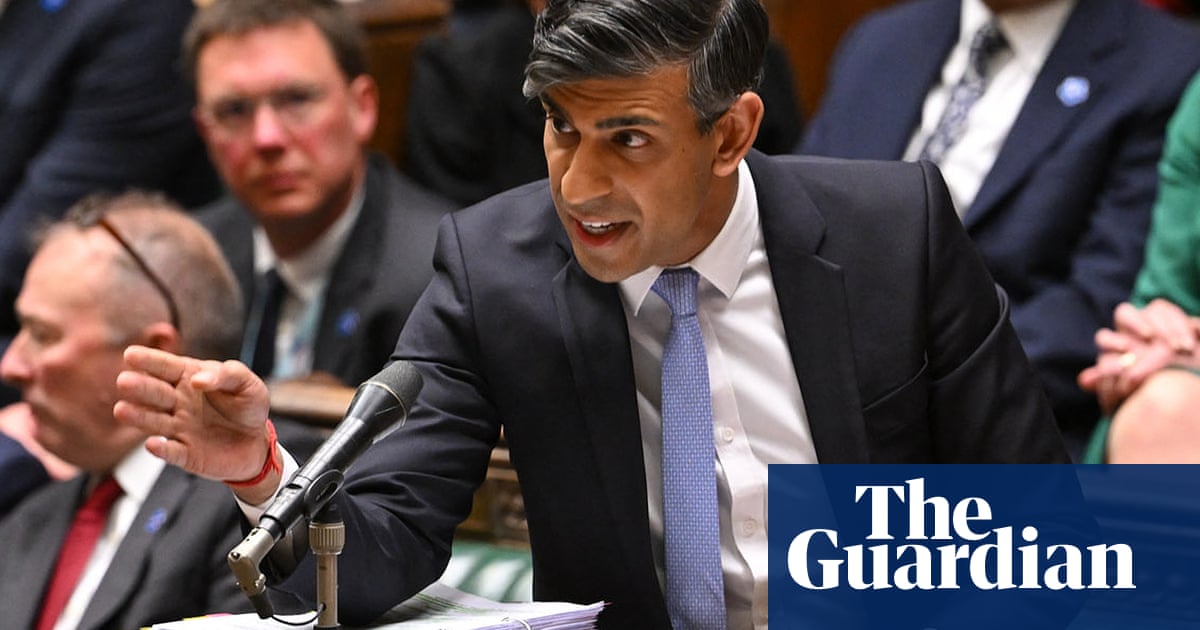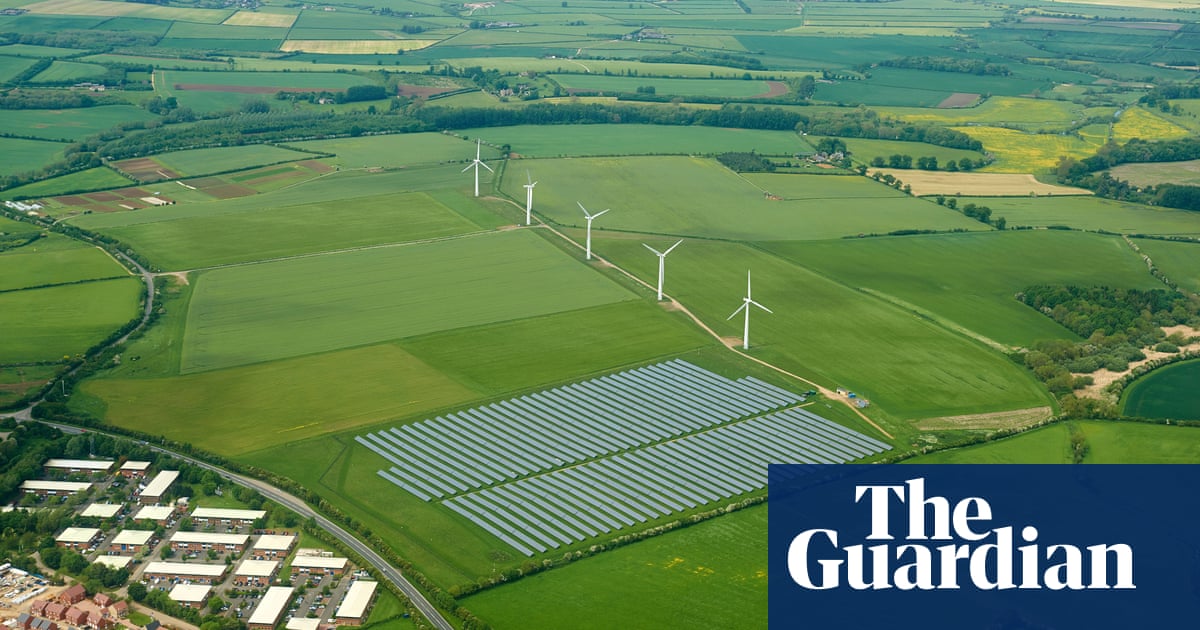
The UK’s infrastructure needs a big cash injection, with public transport, home heating and water networks all in dire need of renewal, independent government advisers have said.
The investments, of about £30bn a year from the taxpayer and £40bn to £50bn a year from the private sector, would result in savings to the average household of at least £1,000 a year, higher economic productivity, and a better quality of life in the future, the National Infrastructure Commission said.
An overhaul of energy is at the heart of the report, aiming to generate more from renewable sources, while ensuring a baseload supply from gas-fired power stations equipped with carbon capture and storage technology. Installing heat pumps for nearly all households and upgrading insulation, at a cost of about £3.2bn a year, will also be key.
Cars and roads alone will not be enough to keep transport moving, and far greater investment in public transport is needed, the panel of experts found, in a 222-page report that took more than two years to compile. This is only the second such five-yearly infrastructure report since the NIC was set up in 2015 by the then chancellor, George Osborne.
Sir John Armitt, the chair of the NIC, called on the government to take urgent action. “The good news is that modern, reliable infrastructure can support economic growth, help tackle climate change and enhance the natural environment,” he said. “People often talk about infrastructure as the backbone of our economy: what our infrastructure needs now is the collective mettle to turn commitments into action that will reap rewards for decades to come.”
In a comprehensive assessment of the infrastructure that will be needed to reach net zero greenhouse gas emissions by 2050, keep the UK’s core services running and ensure that businesses can be competitive internationally, the NIC made 46 key recommendations.
Many are likely to be regarded as highly controversial by the government, including:
Substantial investment in public transport for England’s biggest cities must be accompanied by restrictions on car access to alleviate congestion.
Hydrogen must not be used for home heating, despite government enthusiasm for the technology. Hydrogen should be exploited for use in heavy industry.
People on lower incomes should have heat pumps installed free, while the other two-thirds of households should receive subsidies of £7,000 each for their installation. Upgrading homes with high levels of insulation is not needed before installing heat pumps.
Water meters should be compulsory for households and businesses.
No new waste incinerators should be built, and recycling rates need to improve.
The decision to cancel the northern leg of HS2 was “deeply disappointing” and “leaves a major gap in the UK’s rail strategy”. Armitt said it would result in an “overload” of the west coast mainline, or encourage more people and freight on to the roads.
While the required increase in upfront investment will be substantial, at £30bn a year of public investment compared with the £20bn a year of the past decade, the report found that it would result in lower household energy bills, owing to the much lower costs of running renewable energy systems compared with high gas prices. The average household will save at least £1,000 a year by the mid-2030s if the recommendations are followed, according to NIC estimates.
Water companies must also step up their efforts to cut leaks, and invest in new reservoirs and pipelines for the future, the NIC found. Climate breakdown will bring more frequent droughts and floods, which will also require new infrastructure, much of which will have to be in the form of “soft” flood measures such as water meadows and allowing “wiggle” room for rivers, rather than concrete flood barriers.
Green experts and campaigners urged ministers to take action on the report’s findings without delay, saying it would save people money on their bills.
Juliet Phillips, senior policy adviser at the thinktank E3G, said: “The UK’s high exposure to volatile fossil fuel markets has fuelled the cost-of-living crisis. The transition to clean electric heat, run on domestic renewables, is the permanent solution to lower bills, cut emissions and boost energy security. Despite this, progress on heat decarbonisation has long been the achilles heel of the UK’s climate strategy. We urge the government to take heed of the NIC’s unequivocal call to make heat electrification [through heat pumps] a national infrastructure priority.”
Mike Childs, head of policy at Friends of the Earth, said: “We need more trees and green spaces to boost nature and make our towns and cities less susceptible to overheating, and safer cycling routes and better public transport to encourage more people out of their cars. The government should have been planning for the future – their failure leaves the UK languishing in the past.”












